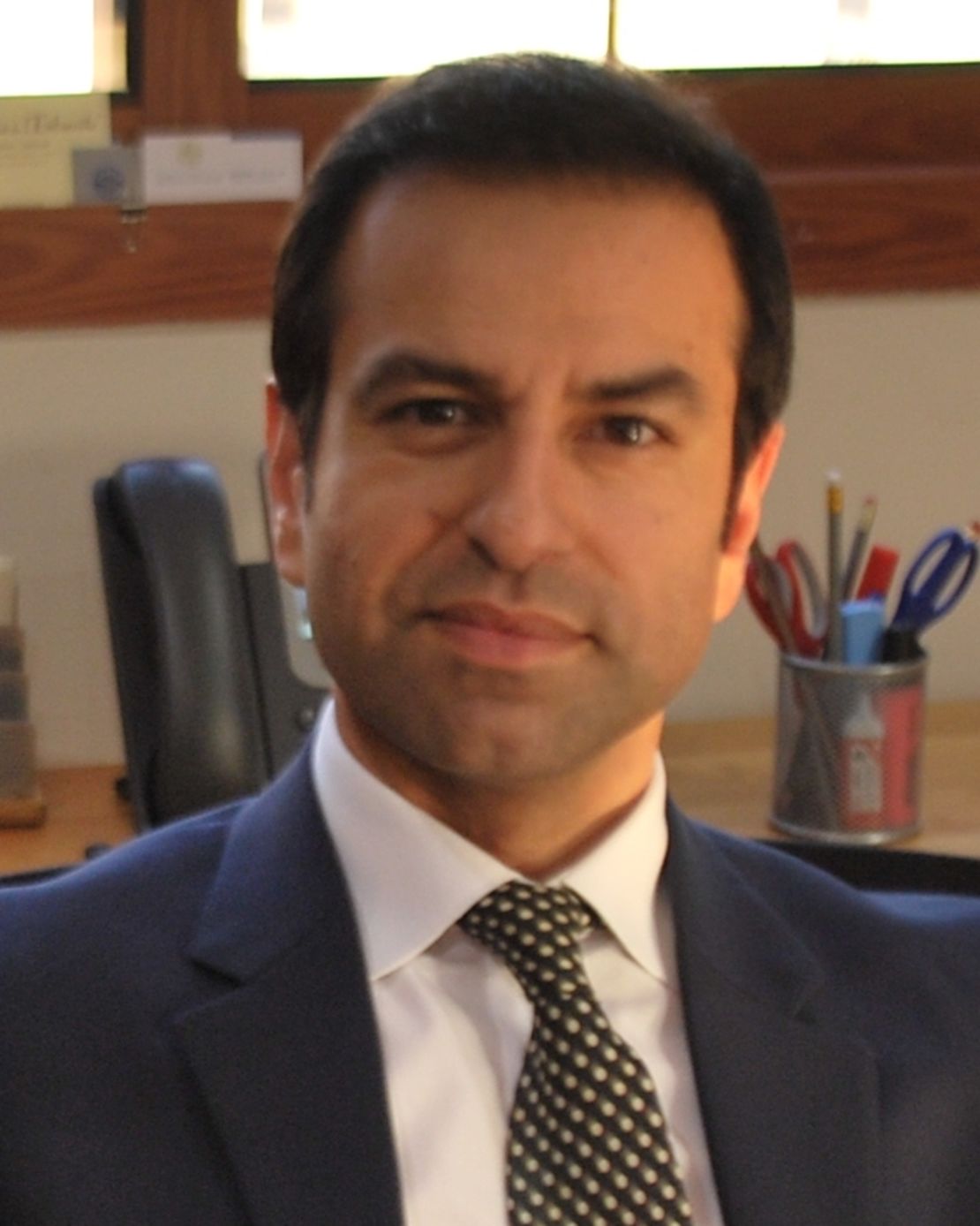Editor’s Note: Salman Shaikh is director of the Brookings Doha Center and a fellow at the Brookings Institution’s Saban Center for Middle East Policy.
Story highlights
In post-revolution Middle East, engagement with Hamas is feasible, Salman Shaikh says
Influence of Egypt, Turkey and Qatar was instrumental in delivering cease-fire, he says
Maintaining Gaza blockade only serves to further radicalize Gaza's population, he says
Obama administration should push for Palestinian unity and end to blockade, he says
Critics of the cease-fire reached Wednesday between Hamas and Israel argue that little has changed. For now, they say, the Egypt-brokered de-escalation has merely placed a Band-Aid over a seeping wound, restoring the status quo established after Israel’s Operation Cast Lead offensive of late 2008. Certainly, we may well see the return of airstrikes and rockets; the truce represents only a small first step toward a more durable solution. The nature of the agreement, however, points to a clear “Arab Spring truth” and a significant shift in regional dynamics: The international isolation of Hamas has ended.
The influence exercised by Egypt, Turkey and Qatar was clearly instrumental in delivering this cease-fire. The role of Egyptian President Mohamed Morsy, in particular, has been praised by Hamas political leader Khaled Meshaal and U.S. Secretary of State Hillary Clinton alike, with the latter commending Egypt’s government for “assuming responsibility and leadership” in de-escalating the crisis.

Toward the end of 2011, Hamas’ departure from Damascus was sealed when Meshaal refused to denounce the uprising against his former host and sponsor, Syrian President Bashar al-Assad. With its regional base and Iranian funding in jeopardy, Hamas has increasingly turned to its fellow Sunni allies in Egypt, Turkey and Qatar.
The degree of influence that this troika of Arab Spring playmakers has over Hamas’ leaders, however, was revealed only by the recent crisis. The absence in negotiations of the Palestinian Authority and its president, Mahmoud Abbas, was telling. It shows that in a post-revolution Middle East, engagement with Hamas on its own is both feasible and tempting.
Opinion: How to prevent the next clash with Hamas
Get our free weekly newsletter
In this respect, however, the Egyptian president missed the opportunity to get Abbas and Meshaal working together and further stalled efforts at Palestinian unity. That is the demand of the overwhelming majority of Palestinians.
To be sure, Iran still has an important role to play with Hamas. Alongside Egypt – and, remarkably, the U.S. – Meshaal recognized on Wednesday the importance of Iran’s contribution to his movement’s efforts (in the field of resistance, rather than resolution). He praised Tehran for providing the group with arms and financial support, despite “differences between Iran and Hamas on issues connected with the conflict in Syria.” In this respect, however, he is walking a fine line with his regional backers in order to keep his regional options open.
It is worth remembering that Hamas is not a monolithic entity. Some within the movement are more focused on resistance, while others are focused on governance, reconciling with Fatah and reining in independent Gaza-based militants. This is something I heard privately in January 2011 in Gaza and subsequently when talking to some of Hamas’ senior political officials. The international community – and Israel – should work with the newly emerged regional troika of Egypt-Turkey-Qatar to engage with Hamas and strengthen Hamas’s pragmatic wing. Given the strength of its ties, though, Iran could still prove to be a spoiling influence.
This initiative, as specified by Clinton, should focus on steps toward “a just and lasting peace.” Let us hope that the past week or so has renewed the Obama administration’s drive to achieve Israeli-Palestinian peace. In the short term, this means pushing for Palestinian unity around a negotiating position and ending the blockade on Gaza, both of which the Qatari emir stressed in his landmark trip to Gaza last month.
The continuation of this blockade helps no one, and the destitution it imposes on Gazans has only further radicalized much of the largely young population. About 80% of Gaza’s households live on less than $2 a day, while 1.3 million or 80% of its citizens receive some form of food aid. No wonder the U.N. recently declared that under current circumstances, the strip would be unlivable by 2020, citing shortages of food, water electricity, jobs, hospital beds and classrooms.
Opinion: Israel, engage Abbas now
If such conditions continue, Hamas may well resort to further rocket attacks against Israel’s southern communities or turn a blind eye to other groups launching such terror attacks. Groups such as Palestinian Islamic Jihad, the al-Aqsa Martyrs’ Brigades and the small but growing number of Salafi groups that have agreed to the cease-fire will pose a challenge to Hamas’ authority, especially if there is no progress on the ground.
These international efforts begin with the implementation of the admittedly shaky cease-fire. Egypt has emphasized the importance of effectively ending the blockade on Gaza – one of the conditions of the cease-fire document. In the post-Cast Lead border arrangement, Israel retained significant veto powers over the passage of people and the flow of goods through Egypt’s border crossings with Gaza.
The new Egypt, however, has stressed the importance of formalizing the free flow of goods into and out of Gaza. In doing so, it wants to diminish the role of the “informal” tunnel economy, which, while generating large amounts of revenue for Hamas, has helped create an unstable situation in the Sinai badlands. If Israel now fails to deliver on its responsibilities regarding the conditions of the cease-fire, it risks not only a return to conflict but also losing the good will of Morsy.
The opinions expressed in this commentary are solely those of Salman Shaikh.



